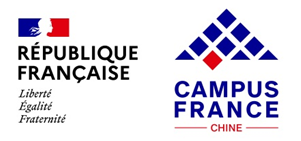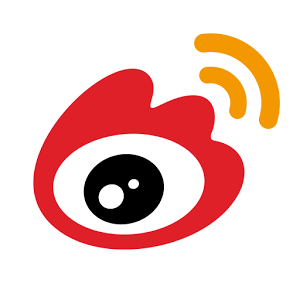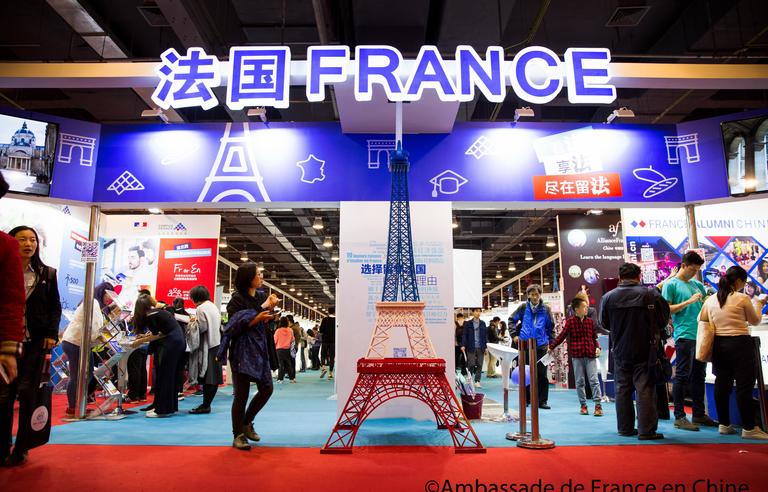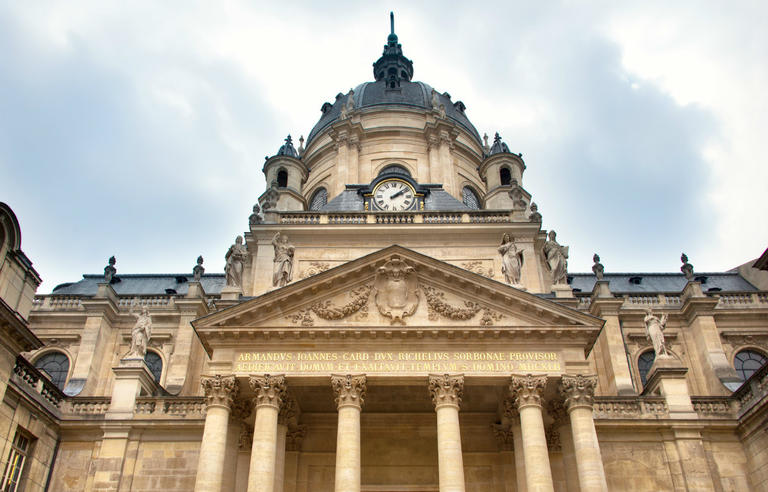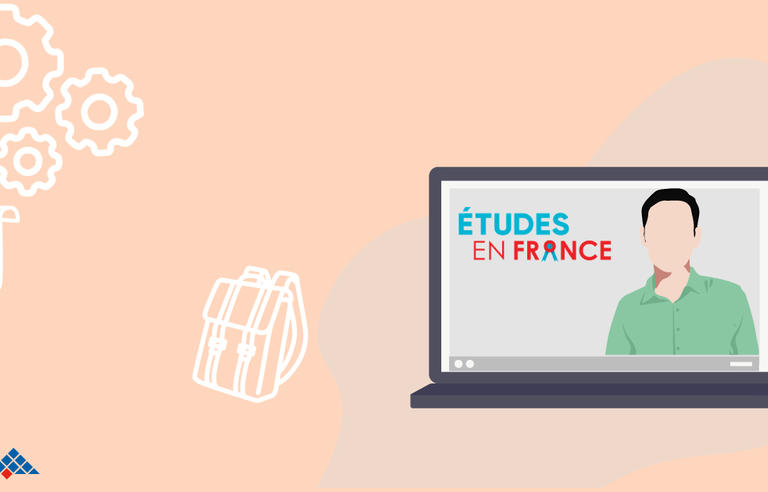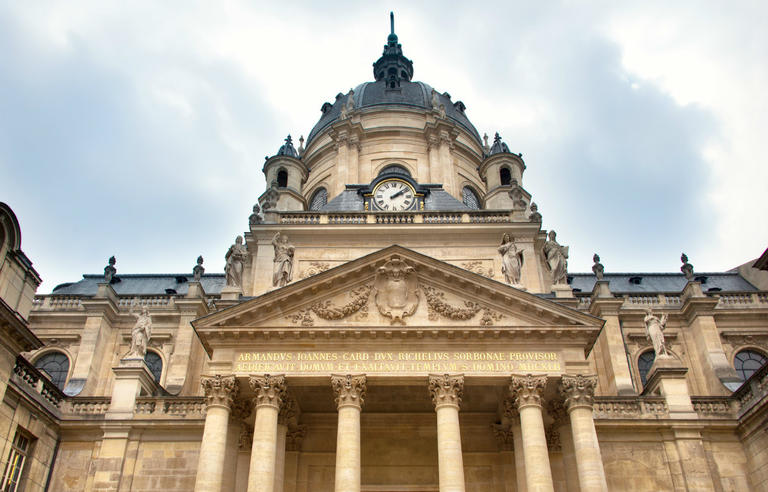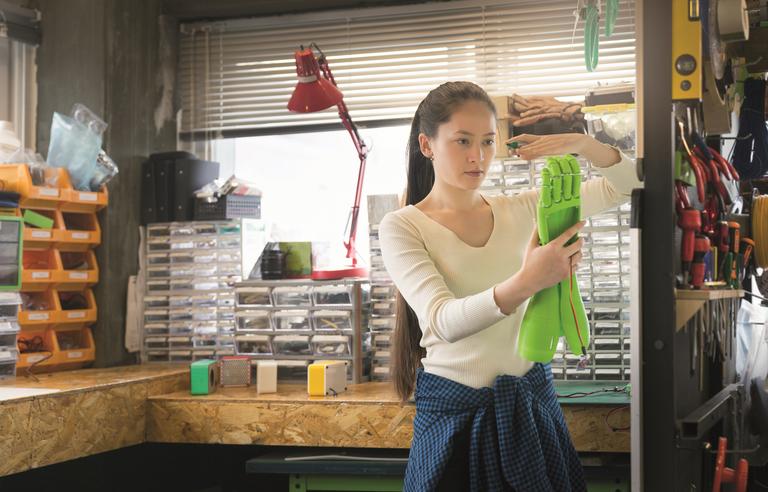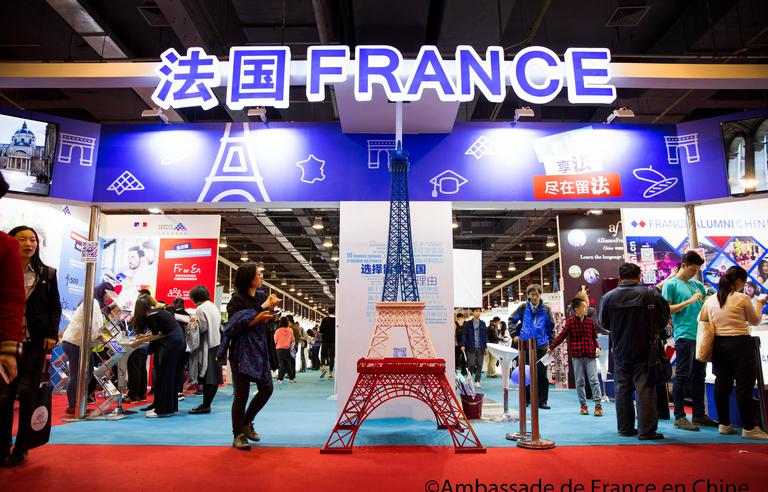ISIT PARIS “TRANSLATION, COMMUNICATION AND INNOVATION IN THE DIGITAL AGE”
WELCOME DATE
Participants will be welcomed at Charles-de-Gaulle airport in Paris on Saturday, July 4th 2020.
BEGINNING OF THE PROGRAMME
Courses will start on Monday July 6th 2020.
Since 1957, ISIT has been the institution of choice for those looking to launch an international career as managers, entrepreneurs, communication professionals, lawyers, translators or interpreters. As part of its numerous partnerships, ISIT has developed a special relationship with China. ISIT has signed partnership agreements with six Chinese universities: BFSU, BISU and BLCU in Beijing, SISU in Shanghai, GDUFS in Guangzhou, and last but not least with the University of Nanjing
ISIT Research Centre has close ties with graduate schools and research centers in France and abroad. The Centre works with a network of French and international research professors as well as Ph.D. students.
ISIT Summer School aims at introducing the latest developments in translation and communication to bilingual English-Chinese Graduate students in these 2 disciplines. The participants will become familiar with the way French research is conducted and organized with a view to facilitating their access to Ph.D. studies in France.
1 - FACILITIES
ARRIVAL IN FRANCE
Participants will be welcomed at Charles-de-Gaulle airport in Paris on Saturday, July 4th 2020. Courses will start on Monday July 6th 2020.
Upon arrival in France, the participants will be welcomed at Charles de Gaulle airport by members of ISIT’s International Office and will be accompanied to their accommodation located at Cité Internationale Universitaire de Paris (CIUP : http://www.ciup.fr/) in Paris’ 14th arrondissement near ISIT. The residence can be reached by the suburban “RER B” train directly from the airport.
ACCOMODATION
ISIT will provide accommodation (double rooms with a private bathroom) for all the participants at Cité Internationale Universitaire de Paris (CIUP). The residence is located 15 minutes away from ISIT by RER.
MEALS
Breakfasts and lunches are included in the program. Dinners are not included in the fees but students will have access to a self-service kitchen where they are staying.
TRANSPORTATION
Participants will be provided with a Paris monthly public transport pass upon arrival. This pass provides them with unlimited travel in the Paris area.
RETURN TO CHINA
Last day of the Summer school: Friday 24th July 2020
Return to China: Either by a late flight on Friday 24th or on Saturday 25th 2020
2 - ACADEMIC SYLLABUS
LECTURES
INTRODUCATION TO RESEARCH - MASTER'S-LEVEL COURSES AND LECTURES GIVEN IN ENGLISH
THE FRENCH HIGHER EDUCATION AND RESEARCH LANDSCAPE
TAMYM ABDESSEMED (2h)
This session will give an overview of the French higher education and research (HER) system. It will allow participants to understand how the French HER landscape is structured, with an emphasis on the key characteristics of each type of institution (Universities, Grandes Ecoles, research entities). They will also have the opportunity to discover how research laboratories and doctoral schools are designed across and within the frontiers of those institutions in order to help them in their potential doctoral orientation.
THE IMPORTANCE OF TRANSLATION IN THE DISSEMINATION OF NEW IDEAS
PASCALE ELBAZ (4h)
This course will give an overview of the most important ideas that have emerged in the history of European culture. We will look at conceptual ideas, technological ideas and visual ideas. These three types of ideas will be analyzed from a cross-cultural perspective, engaging in particular with Europe and Asia. The importance of translation in the emergence and dissemination of these ideas will be stressed. A field trip to the Parisian Museum of Art and Crafts will give students the opportunity to see how ideas are materialized in innovative objects and how the translation of ideas endeavors to adapt innovative objects across cultures.
TRANSLATION AND COMMUNICATION TOOLS: SMART INTERACTION FOR PRACTICE AND RESEARCH
LUDOVICA MAGGI (2h)
This course will focus on the value of critical intelligence in mediated communication and machine (-aided) translation. Three aspects will be studied: smart interaction and quality output; professional opportunities in a tool-based environment; and tool-based practices as a productive field for research.
FROM A PHD THESIS TO JOURNALISM
JIMMY LEUNG (2h)
This course retraces my career, from my days as a doctoral student and then as a Doctor of Human Sciences, to my work as a multimedia journalist, making day-to-day use of the skills acquired during my doctorate.
INTRODUCTION TO NATURAL LANGUAGE PROCESSING: HOW TEXT PROCESSING TOOLS WORK
GAËL LEJEUNE (5h)
To fully understand the opportunities offered to translators by digital tools, this course offers an introduction to Natural Language Processing (NLP). NLP is an Artificial intelligence field that intends to model the way natural language is structured and to produce analysis tools that can improve access to textual data. NLP has allowed the creation of a number of applications that have become commonplace, such as computer-assisted machine translation, information retrieval and speech recognition.
INTERCULTURAL COMMUNICATION
MICHEL DALONNEAU (5h30)
This course reviews the fundamentals of the intercultural encounter and intercultural communication. It begins with a joint field trip with the Design Thinking course. During the first lesson, the students analyze what they have observed and what can be deduced about the challenges of an intercultural context. The second lesson is dedicated to explaining the workings of the French education system, within which some of the participants are likely to prepare their doctorate, and to contrasting it with the Chinese education system.
UNDERSTANDING DIGITAL NATIVES
JENNIFER TAKHAR (3h)
Students will be asked to carry out research on digital natives and their consumer habits. They will give an oral presentation on a digital issue of their choice and receive feedback on relevant research methods.
THE USE OF TEXTOMETRY FOR CHINESE TEXTS
JUN MIAO(2h)
This course aims to:
- Show students the need for computer tools in human research.
- Review the results of textometric research in Chinese texts (oenological terminology, political discourse, foreign language learning, etc.).
- Introduce textometry adapted to the Chinese language (difficulty, tools and solution).
WORKSHOPS
RESEARCH METHODOLOGY
LUDOVICA MAGGI (4h)
This course will provide students with the basic knowledge and skills they need to draft a research proposal for a PhD application. A theoretical introduction will be followed by a hands-on workshop.
RESEARCH METHODOLOGY
BRIGITTE LAW-WA (3h)
This course will provide students with the basic knowledge and skills they need to carry out literature research and to write a literature review for a PhD dissertation. It includes a theoretical part and a hands-on workshop.
MANAGING DIGITAL PRODUCTS IN A NEWSROOM CONTEXT
The course is designed to enable each student to understand both basic and applied research by means of appropriate methodologies. It provides students with academic and practical knowledge as well as skills to review and produce mobile phone videos.
The course contents are as follows:
- Research Report: the process of producing content, viewing television talk shows
- Becoming a critical consumer of others’ mobile phone videos
- Becoming a creative maker of your mobile phone videos
TEXTOMETRIC ANALYSIS OF CHINESE LITERARY TRANSLATIONS - EXAMPLE OF JEAN-CHRISTOPHE
Miao Jun (3h)
This course is designed to:
- Stimulate students' interest in translation.
- Introduce students to the phenomena and techniques of French-Chinese translation using textometric tools.
- Lead students to learn translation analysis methods and discover major differences between translations.
- Improve the quality of students' translation and strengthen their capacity for self-assessment.
DIGITAL CULTURE AND INNOVATION MARKETING
Maryline Jean (5h)
- Understand the culture of innovation in IT and existing innovative models.
- Understand the fundamentals of innovation marketing.
- Be familiar with important innovations and identify the key success factors (in AI, Cloud computing, data, etc.).
- Get to know CES Las Vegas, a laboratory for BtoC electronic innovations, its challenges and development.
- Analyze the market environment of an innovative company and propose a communication strategy.
DESIGN THINKING
Marion Bedat (8h30)
This workshop offers a practical way to discover a user-centered approach to innovation: design thinking. After reviewing the history and key principles of this methodology, students will carry out ethnographic research (field observation and interviews) to better understand their target users and identify the key design issues to be solved. Students will then generate ideas, quickly prototype the most relevant ones and pitch them.
Teaching team:
- Dr Tamym Abdessemed: Professor-researcher, research supervisor, Dean and CEO of ISIT
- Dr Pascale Elbaz: Professor of Comparative Terminology, Chinese-French Translation, ISIT/INALCO Associate Researcher
- Dr Gaël Lejeune, lecturer in computer science, computational linguistics group, STIH laboratory (Meaning, Text, Computer Science History), Paris-Sorbonne University
- Dr Jimmy Leung, lecturer-researcher, sociology and digital communication journalist in Ouzhou shibao
- Dr Ludovica Maggi: lecturer-researcher, Academic Director of Intercultural Communication and Translation; specialized translator/translation studies and research methodology, ISIT
- Dr Jun Miao: Professor-researcher, Sun Yat-sen University, Zhuhai, China
- Dr Jennifer Takhar: Teacher-researcher, critical discourse analysis, digital marketing, ISIT speaker
- Michel Dalonneau: expert/consultant/trainer in intercultural management, lecturer at ISIT
- Maryline Jean, CELSA graduate: expert/consultant/trainer in digital reputation, lecturer at ISIT
- Brigitte Law Wa: documentalist, Media Centre, ISIT
- Marion Bedat: Academic Director of Intercultural Management at ISIT, lecturer at ISIT, innovation expert and consultant
OTHER RESEARCH ACTIVITIES
Visits to research laboratories:
- Paris-Nanterre University, Doctoral School 138: Literature, Languages and Drama
- Paris-Diderot University (Paris 7), CLILLAC, Doctoral School of Language Sciences 132
- INALCO, Doctoral School 265: Languages, Literatures and Societies of the World, PLIDAM Laboratory (Plurality of Languages and Identities: Didactics, Acquisition, Mediation).
Meeting with research directors and doctoral students.
Field studies:
- BULAC (INALCO Library): paper and digital resources for research
- Design thinking: field observations and interviews in Paris
3- CULTURAL SYLLABUS
FRENCH LANGUAGE AND CULTURE COURSES
20 hours of French classes at ISIT, including an initial evaluation and final test spread across the 3-week Summer School. Our methodology is inspired by the action-oriented approach, with students playing an active role in their learning by carrying out concrete linguistic tasks and activities.
Teaching team:
- Brice Poulot, Head of the French Department at ISIT, lecturer at ISIT
- Julie Beghelli, lecturer in French as a Second Language at ISIT
VISITS
- Bibliothèque Nationale de France François Mitterrand (French national library)
- Palace of Versailles
- Cruises on the River Seine
- Museum of Arts and Crafts
4- RESUME
NAME OF THE SCHOOL
ISIT (Institute of Intercultural Management and Communication)
WELCOME DATE
Saturday July 4th 2020
TOTAL NUMBER OF PLACES
25
Price
Price: 29 500 RMB
Dinners are not included in the fees. The price does not include flight tickets to and from Paris.
ECTS CREDITS
The Summer school will deliver 5 ECTS credit points.
LEVEL
The Summer school is open to MASTER students.
To apply, please follow the application procedure described on the main page
